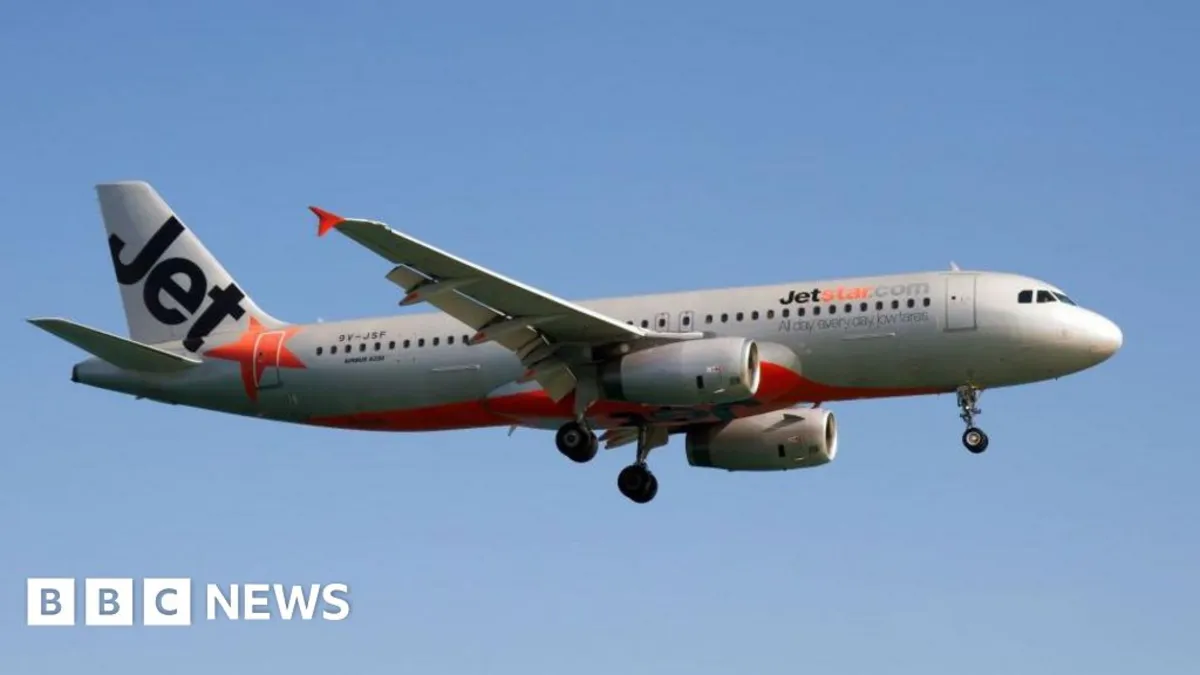
Singapore-based budget airline Jetstar Asia is set to close its operations by the end of July, as confirmed by its Australian parent company, Qantas. This strategic decision comes after the low-cost carrier has faced numerous challenges, including rising supplier costs, exorbitant airport fees, and intensified competition from other airlines in the region.
According to Qantas, the closure of Jetstar Asia is expected to yield approximately A$500 million (equivalent to $325.9 million or £241.4 million) in funds. These resources will be redirected towards renewing Qantas' fleet of aircraft. Furthermore, the airline plans to redeploy 13 planes to enhance routes across Australia and New Zealand, aiming to improve service efficiency in these key markets.
Importantly, the shutdown of Jetstar Asia will not affect its sister airlines, Jetstar Airways in Australia and Jetstar Japan. Qantas has made it clear that operations in these regions will continue without disruption, ensuring that customers can still rely on affordable travel options.
In a statement, Qantas Group Chief Executive Vanessa Hudson highlighted the severe impact of rising operational costs on Jetstar Asia's business model. She noted that some supplier costs have surged by as much as 200%, drastically altering the airline's cost structure. This financial strain has contributed to an anticipated loss of A$35 million for the current financial year, underscoring the difficulties faced by the low-cost carrier.
In summary, the closure of Jetstar Asia marks the end of over 20 years of service in the region. As the airline navigates this transition, Qantas aims to leverage the closure to strengthen its overall operations and fleet capabilities in Australia and New Zealand.